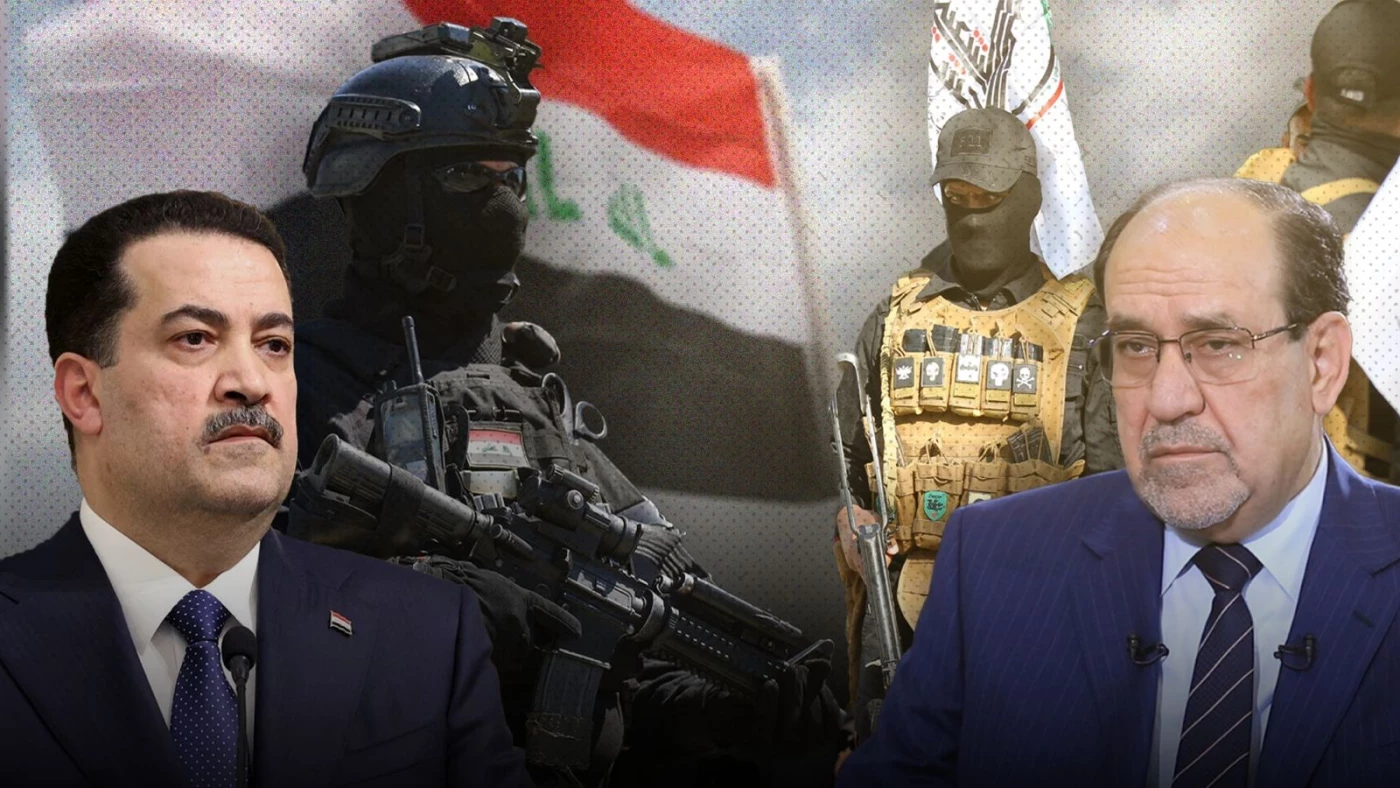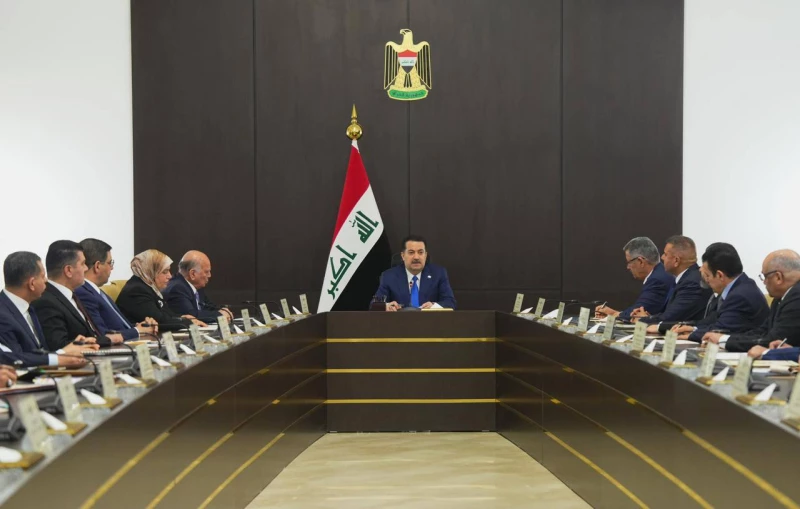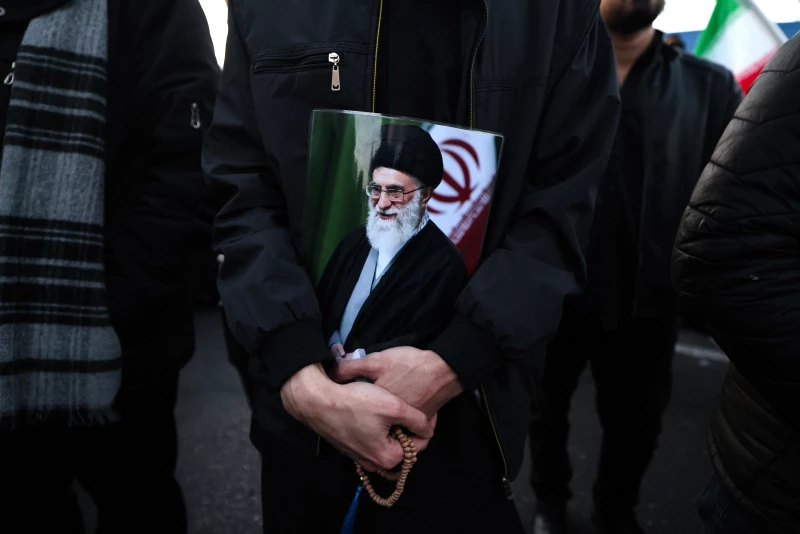DUBAI, UAE - Iraqi officials are reigniting a long-standing debate about the dissolved Baath Party’s influence in the country as early election campaigns begin. Nouri al-Maliki, leader of the State of Law Coalition and former prime minister, recently issued a stark warning, suggesting that unrest from the ongoing Middle Eastern conflicts could trigger a resurgence of dormant Baathist cells within Iraq.
Maliki’s comments have stirred controversy, with critics questioning the relevance of a party formally banned since 2003. Some argue that the focus on Baathist cells serves to rally support or divert attention from the country’s political challenges.
“Informed… not speculative,” coalition insists
The State of Law Coalition defended Maliki’s comments, claiming the warnings were based on specific intelligence. Coalition lawmaker Thaer al-Jabouri told The New Region that Maliki’s concerns stem from credible information that certain Baathist members are looking to reestablish a foothold in Iraq.
Jabouri added that Maliki recently urged security officials to preempt any activities tied to these cells to protect the stability of Iraq’s political system.
“The Baath still exists in some form,” Jabouri said. “There are periodic arrests of individuals affiliated with or promoting the party, despite its prohibition.”
The Iraqi National Security Service on Thursday announced they had arrested an individual in Fallujah, Anbar province, who had “glorified” the Baath Party on TikTok, “defying the laws that prohibit the promotion of the dissolved party.”
Opponents question political motives
Other officials, however, have dismissed the warnings as election-season rhetoric.
MP Nihal al-Shammari of the Sunni Azm Alliance described fears of a Baathist return as “unrealistic,” pointing out that the party was banned nearly two decades ago.
“Most former Baath leaders are now deceased or elderly,” she told The New Region, “so the notion of a resurgence is simply not credible.”
Shammari also warned against using the Baath issue for political gain, calling it a strategy to undermine certain factions. She noted that the Accountability and Justice Commission – which enforces Iraq’s de-Baathification laws - had been earmarked for dissolution in political discussions.
Iraqi Prime Minister Mohammed Shia’ al-Sudani requested the commission transfer its responsibilities to the judiciary last year, though the commission rejected the request, citing parliamentary oversight.
“De-Baathification” exceptions
Over recent months, security forces, including the Popular Mobilization Forces (PMF), have periodically reported arrests of Baath promoters. Still, the legitimacy of such arrests has drawn skepticism.
Political analyst Ghalib al-Daami suggested that the focus on a Baathist threat is as much a political strategy as a security concern. He argued that if there is a resurgence of the party it is “linked to the current failure that has afflicted the political process in Iraq.”
Daami claimed that there are still individuals within the Iraqi government who were associated with the Baath Party but hold influential positions through exceptions to the de-Baathification law.
“If the government is serious about combatting Baath influence,” Daami said, “it must implement the Accountability and Justice Commission’s mandates without granting political exemptions.”
The PMF last week announced that 29 people were arrested under suspicion of promoting or being members of the Baath Party.
Historical context and future implications
During Maliki’s tenure as prime minister, he faced allegations of providing “exemptions” to certain Baathists, enabling them to support his administration. MP Shaalan al-Karim recently alleged that Maliki’s government had allowed Baathists to remain in state positions, underscoring the ongoing debate over the party’s influence.
Observers argue that election-time focus on the Baath Party remains as much about Iraq’s current political divides as it is about any real threat from the former regime.



 Facebook
Facebook
 LinkedIn
LinkedIn
 Telegram
Telegram
 X
X


